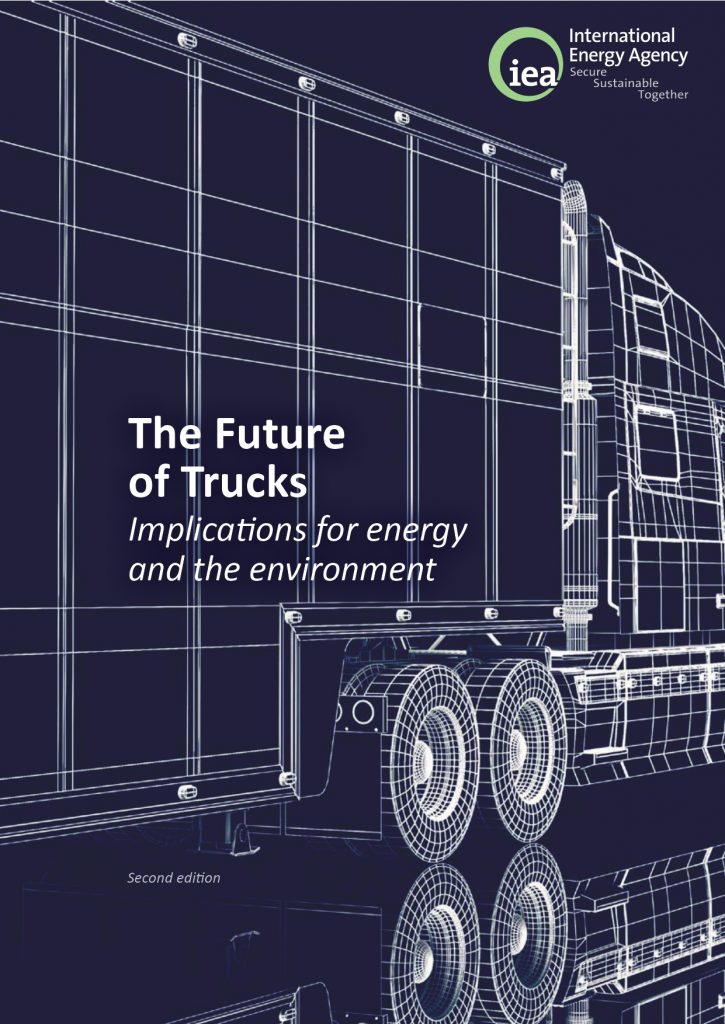
Ecodriving is one of many ways to reduce the road freight CO2 Footprint. This report by the International Energy Agency (IEA) outlines the ways in which vehicle efficiency technologies, systemic improvements in logistics and supply chain operations, and alternative fuels can ensure that road freight transport will continue to support economic growth while meeting key energy and environmental policy objectives. On ecodriving, the report identifies a fuel saving potential of 3-9% and states the following:
“Investments in driver training and the installation of feedback devices that monitor and reward more fuel-efficient driving, as well as predictive cruise control, tend to be among the most consistently cost-effective operational measures with the fastest payback periods, which tend to be reliably less than two years across a wide range of vehicles and missions (Greening et al., 2015). The greater potential for such programmes to cut fuel use and CO2 emissions is in the long-haul segment (both by 9%), but fuel use can be cut by around 5% even in urban operations.”
Name of the Document: The Future of Trucks: Implications for energy and the environment
Author: Jacob Teter, Pierpaolo Cazzola, Timur Gül, Eamonn Mulholland
Organisation: OECD/International Energy Agency
Year: 2017
Download here
You are currently viewing a placeholder content from X. To access the actual content, click the button below. Please note that doing so will share data with third-party providers.
More Information